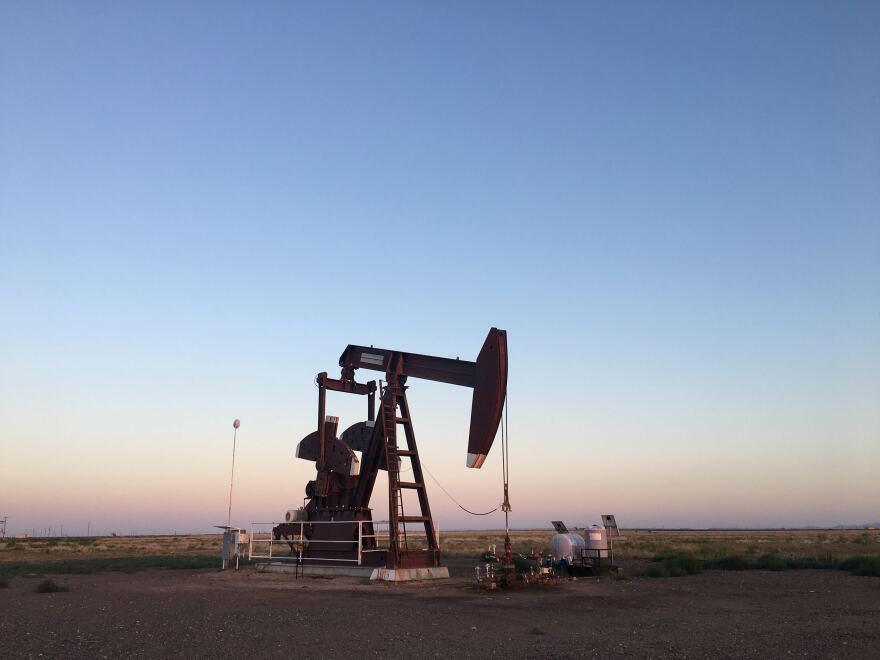The Literacy Coalition of the Permian Basin recently released a report estimating that tens of thousands across the largest oil-producing region in the United States read below a third-grade reading level.
By Mitch Borden
Earlier this month, the Literacy Coalition of the Permian Basin released a 52-page report that examined how well residents of 22 counties across West Texas and New Mexico can read. The findings of the study were worse than officials expected according to John Trischitti, the coalition’s executive director.
Numbers vary from community to community, but about a third of adults in the region cannot read above a third-grade reading level. In the Midland-Odessa area alone, it’s estimated that 68,000 people struggle with literacy.
“There are individuals that you come into contact with every day that don't have high literacy skills, and they just have figured out a way to navigate [everyday life],” Trischitti said. “It's not an obvious glaring problem, because people have figured out a way to hide it.”
Marfa Public Radio’s Mitch Borden spoke to Trichitti about the study and its findings.
Interview Highlights
Factors driving low literacy in the Permian Basin
There are a multitude of reasons adults in the Permian Basin struggle with reading.
“It's socioeconomics, its demographic, it's geographic, it’s English isn't your native language,” Trischitti explained. “It's that your mom got sick and you needed to drop out of school to work to help take care of your siblings.”
The oil and gas industry has dominated the region’s economy for decades. For a lot of people, this has meant the Permian Basin has been a place where you can earn a good living without needing a lot of education. Trischitti does believe that could be a contributing factor to the large number of people who struggle with reading.
“If you have a good strong back and have the ability to do the work, you can go and provide for your family.” He continued, “which is another barrier, in essence, because they think, ‘Well, I don't need that skill.”
But Trischitti also sees oil and gas companies as potential partners in the fight against illiteracy, especially as the demand for skilled workers increases. By 2050, over 50,000 jobs are projected to be added to the region’s economy that will require workers who can read dense and complicated text.
Challenges to overcome in the region
The Literacy Coalition of the Permian Basin made a number of recommendations in the report on ways to help individuals access resources that range from improving outreach to offering childcare for those taking reading courses.
The group is looking to identify and coordinate with existing adult reading programs across the region to figure out what kind of resources may be of help. This effort will also help the coalition determine where “literacy deserts” exist.
Trischitti and his team are now working to partner with organizations, he explained, like “a local civic club or a church or a social service provider to then begin to start to provide service where there was none.”
The coalition is looking into providing micro-grants to organizations to help provide internet access, books and funds other educational resources.
What’s next for the Literacy Coalition of the Permian Basin
Trischitti stressed one of the biggest contributions this study makes is showing that there is a literacy problem in the Permian Basin. He said this will allow leaders across the region to find solutions and help residents improve their reading skills.
Now that the study has been released the coalition is currently working to bring awareness of their findings to the public and what can be done to address the challenges facing communities.


